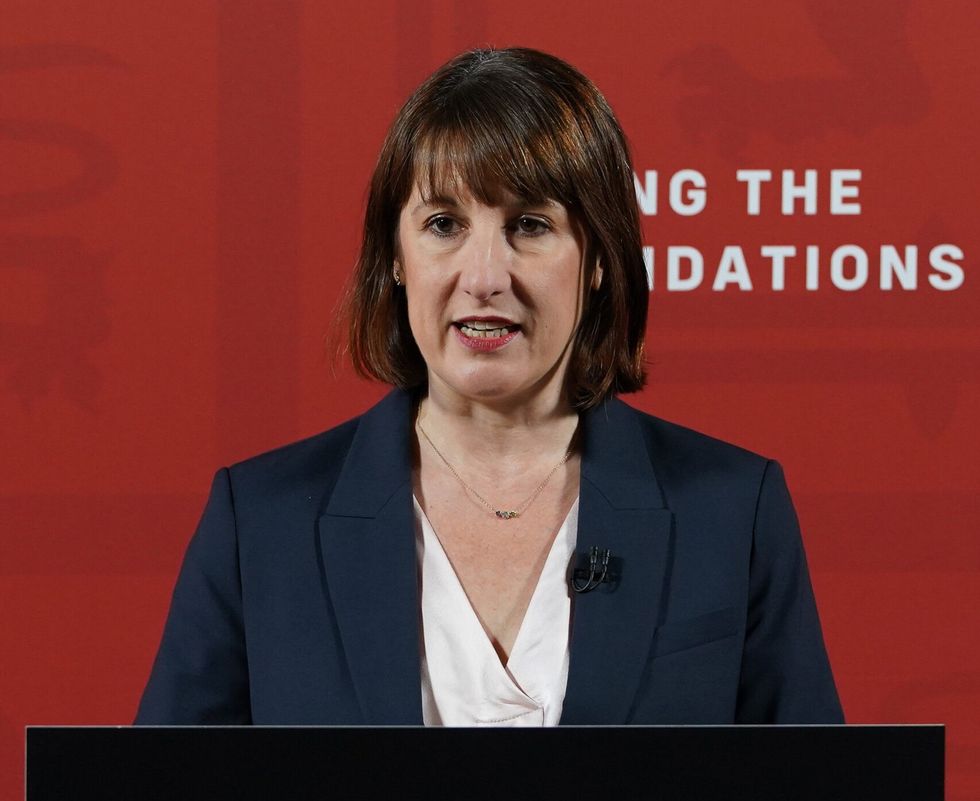INDIA is projected to remain the fastest-growing economy in the world, according to a senior official from the International Monetary Fund (IMF), who noted the country's strong macroeconomic fundamentals.
"India is expected to remain the largest growing economy in the world. We project growth at seven per cent in FY24-25, supported by a recovery in rural consumption, helped by favourable harvests. Inflation is forecast to decline to 4.4 per cent in FY24-25, despite some volatility as food prices normalise," said Krishna Srinivasan, director for the IMF Asia Pacific Department, in an interview with PTI on Tuesday.
He further noted that "despite elections, fiscal consolidation remains on track," and added that the country’s reserves are in a strong position. "Overall, India's macroeconomic fundamentals are good," he said.
Srinivasan highlighted three areas of reform that should be prioritised after the elections. "First, creating jobs is a key issue. In this context, implementing the labour codes approved in 2019-2020 is important as they will help make the labour market more flexible while providing social protection to workers."
He also pointed to the need for India to remove certain trade restrictions. "When trade is liberalised, it allows productive firms to survive, increases competitiveness, and can create jobs. It's important to reduce some of the existing trade restrictions," he explained.
Lastly, he emphasised the importance of continued investment in infrastructure, both physical and digital. "This has been a key achievement, but moving beyond that, reforms should also focus on agriculture, land reforms, and improving education and skilling."
Srinivasan further stressed the importance of investing in the workforce. "In an economy that can create more jobs in the services sector, having the right kind of skills is crucial. So, investing in education and skilling the labour force is very important," he said.
He also pointed out the need to strengthen social safety nets and improve the business environment, noting that red tape remains an issue. "Talking to people, you still hear about a lot of red tape. Improving the business environment is a key area of reform."
Giving examples of challenges, he mentioned difficulties investors face in entering the Indian market, securing land for large investments, and exiting investments. He also highlighted issues related to the labour market, noting that the existing labour codes still act as a deterrent.
Srinivasan acknowledged a decline in the unemployment rate to 4.9 per cent and an increase in labour force participation. "For instance, labour market participation has risen to 56.4 per cent, and the employment-to-population ratio is about 53.7 per cent, up from previous figures," he said, adding that much of the improvement is seen among self-employed workers.
However, he expressed concern about the shift of workers toward the low-productivity agriculture sector, pointing out that "the jobs being created are not the best."
Srinivasan also highlighted low female participation in the workforce and high youth unemployment. "Labour force participation of women is on the lower side, and youth unemployment remains quite high. There's a need to focus on improving the environment to generate jobs," he said.
(With inputs from PTI)





















 Rachel Reeves
Rachel Reeves